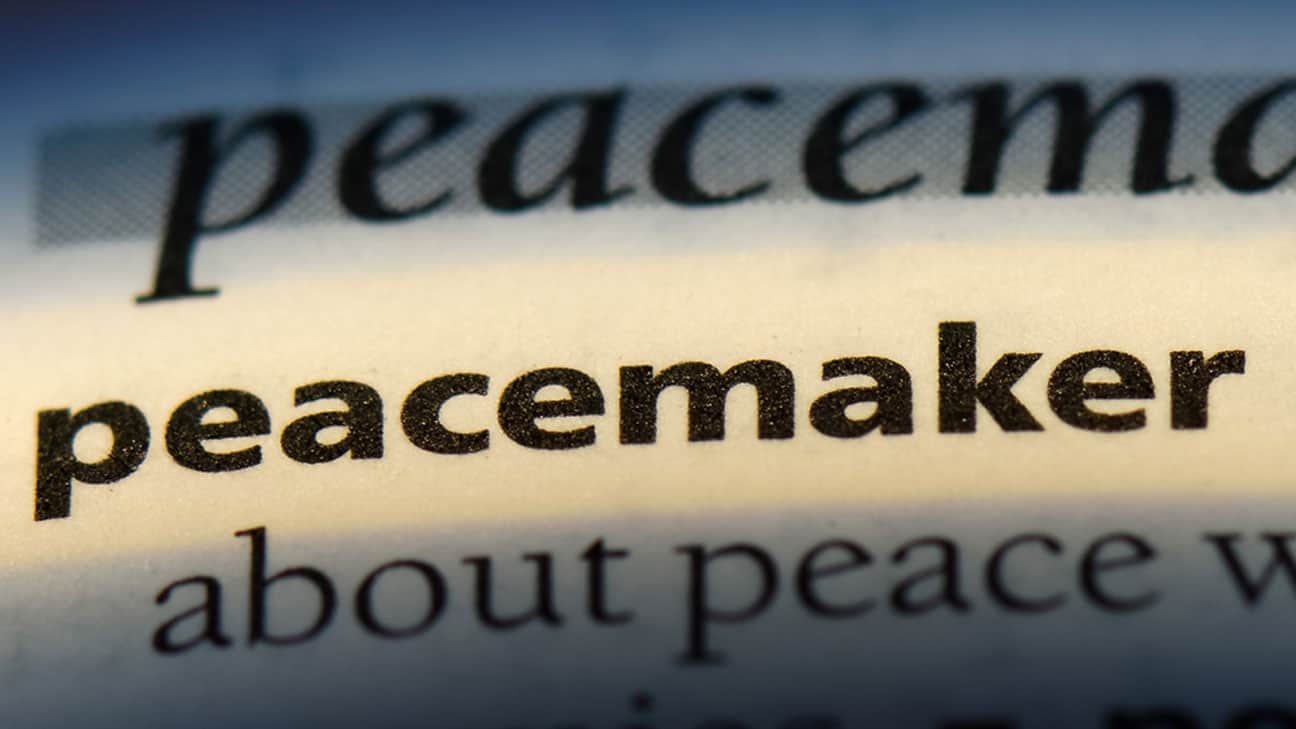
Volunteers needed for CNO Peacemakers Court
Published April 1, 2022By Rob Henderson
The Choctaw Peacemakers need qualified volunteers to help members achieve peaceful resolutions to disputes pending in the district court of the Choctaw Nation of Oklahoma (CNO).
“Peacemaking is a great opportunity to express our culture and our sovereignty by acknowledging that there are other ways to resolve issues that are different from the traditional court process,” said Erica Stedman, a CNO tribal member who has served as a Choctaw Peacemaker since 2018.
According to Stedman, the primary purpose of peacemaking is to restore good relations between tribal members—oftentimes divorcing parents of minor children—to maintain peace between those parties and promote peace within the greater tribal community.
“I want to help the people of my tribe by showing up to help our people learn to communicate and understand each other better,” said Stedman.
To facilitate peaceful resolution of tribal disputes, CNO adopted the Peacemaking Act in 2015 “to provide a forum for the use of traditional Choctaw methods of peacemaking to resolve disputes in a fair, informal, and inexpensive manner.” See CNO Peacemaking Act, at §2B. Utilizing this restorative approach, Peacemakers are allowed to use Choctaw cultural traditions and customs, including present day religious teachings, in the peacemaking process.
“In my peacemaking, I like to use the story of a butterfly emerging from its chrysalis,” said Stedman. “As the butterfly struggles to break out of the chrysalis, its wings are made stronger, allowing it to take flight once free. Without that struggle, the butterfly would not be strong enough to fly. It’s the same with peacemaking. Through the struggle of making peace, the tribal members get stronger and can succeed after the peacemaking process ends.”
Stedman said she brings sage, sweetgrass, and tobacco to her talking circles for members who still practice the old ways. If requested, the parties will burn the sage and sweetgrass and open the talking circle with a prayer while making a tobacco offering. Observation of tribal rituals sets the peacemaking process apart from the “colonial court processes,” according to Stedman.
“When I open my Peacemaking circle, I let them know that it is a sacred space,” said Stedman. “We use the talking piece to show that everyone has respect for themselves and each other.”
The sacred space is also unique because parties must volunteer and agree to use traditional peacemaking. If disputing parties agree to the peacemaking process, they can file a written request with the CNO District Court asking for a referral to a Peacemaker. Once referred by the court, the Peacemaker has jurisdiction over the dispute, and if successful at peacemaking, the parties are bound by the agreed-upon resolution. Attorneys are generally barred from representing parties at peacemaking; however, under the Peacemaking Act, a Peacemaker has wide discretion to hear from witnesses during the process.
If peacemaking fails to reach a settlement, the case is returned to the courts for resolution. “When you go to Court and ask the judge to make the decision for you, you may not be okay with the judge’s decision. With a peacemaking circle, it gives people more peace to move forward and grow,” said Stedman.
According to the CNO Peacemaking Act, a Peacemaker must have the following minimum qualifications: 1.) be of good moral character and integrity; 2.) not have entered a plea of guilty or nolo contendere (no contest) or been convicted of a felony or a crime involving moral turpitude; 3.) be familiar with the history, customs and traditions of the Choctaw people; 4.) be familiar with the provisions of the Choctaw Nation Peacekeeping Act, the court procedures of the Choctaw Nation of Oklahoma and federal law applicable to CNO; 5.) be proficient in oral and written communications, and 6.) be capable of preparing the documents and reports incidental to the office of Peacemaker. After meeting the minimum requirements, a prospective Peacemaker must take a Constitutional oath and agree in writing to serve under the authority of the District Court.
“I think getting our elders involved as Peacemakers is important for peacemaking,” said Stedman. “Elders can bring so much insight and knowledge. In their sacred circles, our people would listen to them because we are a culture that emphasizes respect for our elders.”
If you are interested in volunteering as a Peacemaker or would like more information about the program, contact Cara Schumann, Constitutional Court Clerk, at 580-642-6448 or email her at [email protected].
For more information visit the Choctaw Nation Peacemakers webpage.